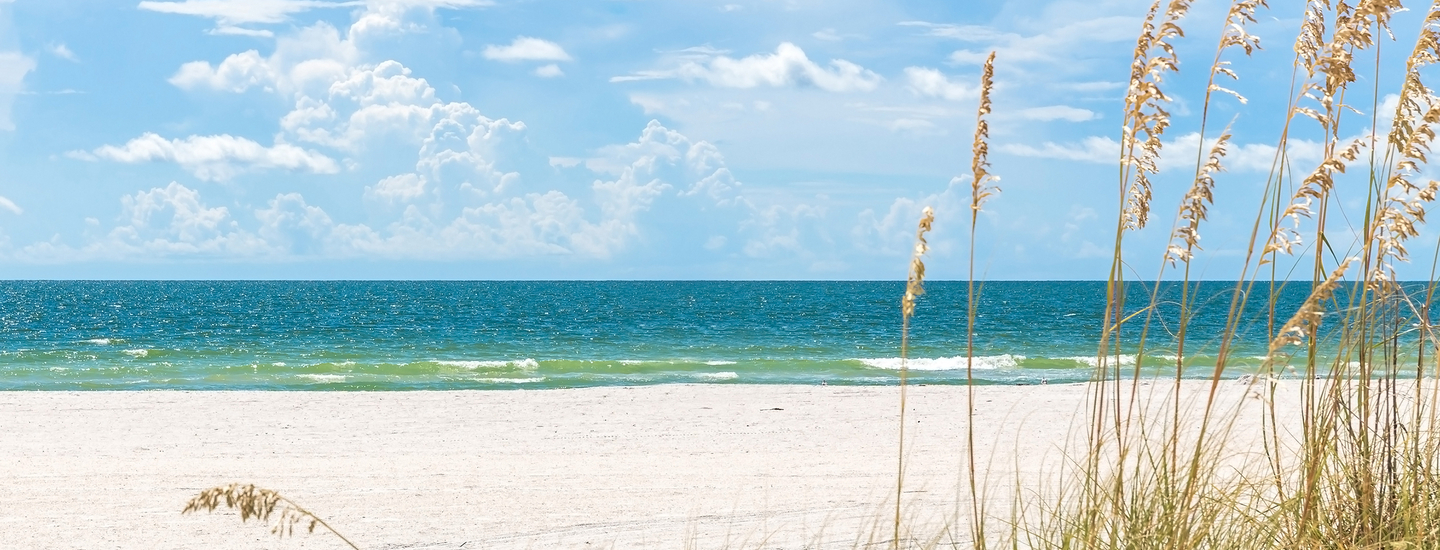
The U.S. Court of Appeals for the 11th Circuit has found in favor of a Florida Gulf Coast town protecting the public’s right to recreate on its dry sandy beaches. In 2018, the Town of Redington Beach passed a “Customary use Ordinance” recognizing the public’s longstanding use of the Town’s sandy beaches. While the public has the right to recreate below the mean high water line, in the wet-sand beach, under the public trust doctrine and Florida Constitution (Art. X, § 11), Florida law also recognizes the doctrine of custom, or “customary use.” Under the doctrine, the public has a right to recreate above the mean high water line on the dry-sand beach if the use has been “ancient, reasonable, without interruption and free from dispute.” (City of Daytona Beach v. Tona-Rama, Inc., 294 So. 2d 73, 78 (Fla. 1974))
As the Court acknowledged, Florida courts, including the Florida Supreme Court in Tona-Rama, have recognized the customary use doctrine for decades. However, in 2018, the Florida legislature passed HB 631, creating new requirements that local jurisdictions must meet to assert customary use rights on their beaches. (Fla. Stat. § 163.035). One of the primary changes is the requirement for localities to go to court and obtain a judicial declaration that customary use rights exist, before they can affirm and protect those rights. However, HB 631 also created an exception, providing that the new law “does not deprive a governmental entity from raising customary use as an affirmative defense in any proceeding challenging an ordinance or rule adopted before July 1, 2018.” (Fla. Stat. § 163.035(4))
The new law went into effect July 1, 2018, and in June 2018 the Town of Redington Beach passed its own customary use ordinance. Some beachfront property owners sued, arguing that the ordinance was void by HB 631, and that the Town’s ordinance constituted an unconstitutional taking of private property. While the lower court decided in favor of the beachfront owners, granting them summary judgment (a ruling without a trial), the Court of Appeal reversed last week, finding for the Town. The Court’s opinion begins by describing the plaintiffs and their property purchases, and then firmly recognizes, “The Property Owners, of course, made these purchases against the backdrop of state property law principles.” Those principles, as described above, include Florida’s customary use doctrine. After reviewing the state’s ample case law, the Court concludes, “In sum, Florida state law confirms that the public’s right to access to the dry sand beaches can be acquired by custom […].” The Court also found that the plain language of Florida’s statute allows the Town to keep its June 2018 ordinance in effect and raise it as an affirmative defense.
The case, Buending v. Town of Redington Beach, will now go back to the District Court on remand, and proceed to trial, where the Town will have the opportunity to introduce evidence to establish customary use. Because the Town may establish customary use on remand, the Court of Appeal vacated the lower court’s holding that the ordinance constituted an unlawful taking of private property.
The Court of Appeal’s ruling is a win not only for the Town of Redington Beach but for all of Florida’s residents and visitors who enjoy the state’s beaches. It affirms the existence of the customary use doctrine in the state, and that customary use is a background principle of Florida’s state property law.
Other local jurisdictions including Walton County are similarly going through processes to affirm the existence of customary use rights on their sandy shores as well. Surfrider is closely monitoring customary use issues in the state and strongly supports public access based on historic customary use along the state’s sandy coastlines. As the Florida Supreme Court has recognized, “There is probably no custom more universal, more natural or more ancient, on the sea-coasts, not only of the United States, but of the world, than that of bathing in the salt waters of the ocean and the enjoyment of the wholesome recreation incident thereto.” (White v. Hughes, 190 So. 446 (Fla. 1939))